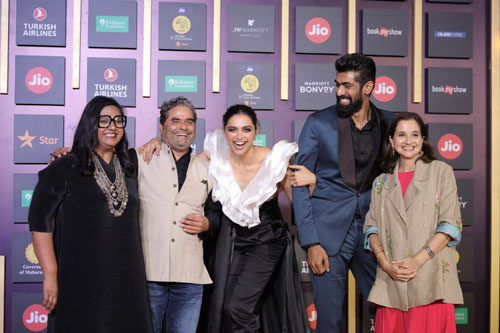
I feel even when cinemas open up, we will retain the online model in addition to it because the reach that it gives us is staggering.” – Smriti Kiran
Das Mumbai Film Festival wird von der Mumbai Academy of Moving Image organisiert (MAMI) welches in gegründet wurde 1997 um dem Publikum das Beste aus dem globalen und indischen Kino zu bieten. The Festival and the Indian Film Industry were significantly hit not only by COVID19 but additionally by Cyclone Amphan. “Everything has come to a grinding halt in India,” says Smriti Kiran, Artistic Director of the Festival. “We are in the midst of the biggest humanitarian crisis the country has witnessed.” As India works to find the best ways to move forward and get back to some kind of “normal,” Kiran says the only good thing to come out of the pandemic is that it has brought everyone together. “I hope we are moving towards a kinder, more humane tomorrow.”
Die globale Suche nach Bildung is pleased to welcome Smriti Kiran.
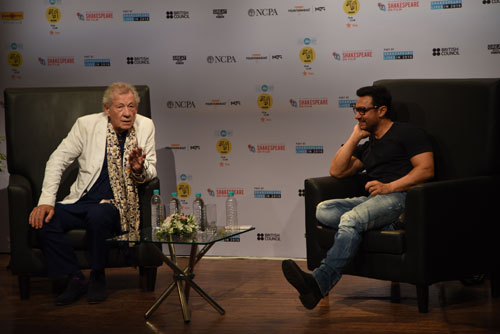
"The challenge and responsibility for us always is to consistently push the different film cultures that co-exist in India and bring to the surface new and exciting voices.” – Smriti Kiran
Smriti, do you think the Mumbai Festival will change or be re-imagined after the pandemic? Would you consider a virtual Festival for next year?
Apart from the annual festival, we also curate and run a robust year round programme. The first step we took during the pandemic was to take the year round programme online by premiering films out of our atelier on our home theatre. These are great films – they have played at the festival but do not have a home on a streaming platform as yet. This has not only given our members around the country an opportunity to watch these brilliant films, it has also renewed interest in these titles so they have begun to get offers from platforms. This is very important for independent filmmakers. We have also taken online our knowledge series, Dial M For Films, that I have curated. We plan to keep doing whatever we can that creates value online till we can actually get back to doing versions of it on ground. But I feel even when cinemas open up, we will retain the online model in addition to it because the reach that it gives us is staggering. As far as the festival is concerned, we are waiting and watching. I feel a festival is inherently an in-person-on-ground-touch-and-feel experience that cannot be created in its full glory online, but we are not ruling anything out. It is too early for us to take any definitive calls.
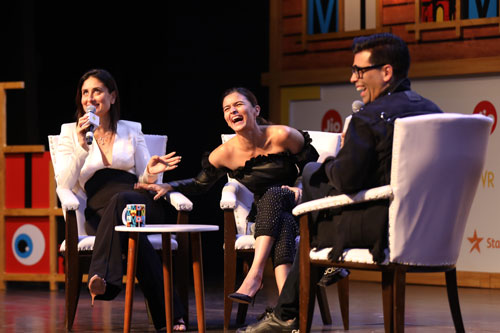
"We all need to have a strong online extension of our programme, a stronger bond with other festivals across the world and a deeper dive into the local film cultures for both talent and films.” – Smriti Kiran
You are participating in the We Are One Global Film Festival. Can you speak about the selection of films you have curated for the Festival?
Eeeb Allay Ooo!, Natkhat, Nasir, and Awake represent urgent, relevant and diverse aspects of India and the world. The apathy towards the migrant workers, the mindless devastation of communal violence, deep-rooted patriarchy, ideas for love and possession will find resonance across continents. The challenge and responsibility for us always is to consistently push the different film cultures that co-exist in India and bring to the surface new and exciting voices.
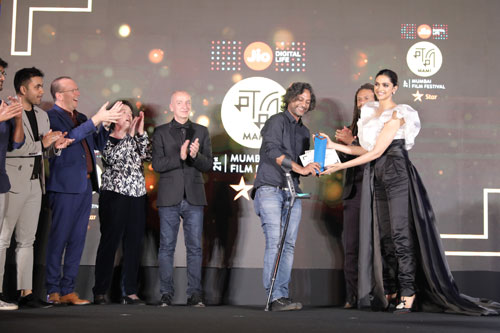
"We will have to hone and sharpen our creating opportunities skills: Mentoring, discovering, knowledge sharing, film education, co-productions, distribution, etc.” – Smriti Kiran
During this pandemic, we have seen the power that technology has to connect those who have access. Any predictions on how this will impact filmmakers and film festivals for the next 5 Jahre?
Nobody can afford to be technologically challenged anymore. Tech has been and continues to be our saviour right now. I cannot make sweeping predictions but I can say that India will definitely become a more DIY culture. I hope festivals across the world including ours take it easy when it comes to premiere statuses. We all need to have a strong online extension of our programme, a stronger bond with other festivals across the world and a deeper dive into the local film cultures for both talent and films. The bricks and mortar nature of festivals won’t change, as it shouldn’t. That is what is cherished about these spaces. But we will have to hone and sharpen our creating opportunities skills: Mentoring, discovering, knowledge sharing, film education, co-productions, distribution, etc.
Für weitere Informationen über Jio MAMI Mumbai Film Festival.
All photographs are courtesy of Jio MAMI Mumbai Film Festival.
The Full Schedule for the Wir sind eins: Ein globales Filmfestival is available hier.
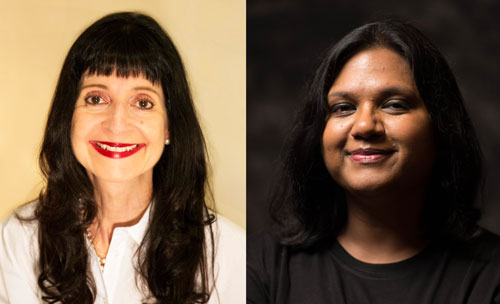
C.M. Rubin and Smriti Kiran
Vielen Dank an unsere 800 Plus globale Beiträger, Künstler, Lehrer, Unternehmer, Forscher, Wirtschaftsführer, Studenten und Vordenker aus allen Bereichen für das Teilen Ihrer Perspektiven auf die Zukunft des Lernens mit Die globale Suche nach Bildung jeden Monat.
C. M. Rubin (Cathy) ist der Gründer von CMRubinWorld, ein online Verlag konzentriert sich auf die Zukunft des globalen Lernens, und das Mitbegründer von Planet Classroom. Sie ist Autorin von drei Bestsellern Bücher und zwei viel gelesene Online-Serien. Rubin erhielt 3 Upton Sinclair Awards für "Die globale Suche nach Bildung". Die Serie, welche Anwälte für die Jugend, ins Leben gerufen wurde in 2010 und bringt zusammen angesehene Vordenker aus der ganzen Welt, um den Schlüssel zu erforschen Bildungsprobleme der Nationen.
Folgen Sie C. M. Rubin auf Twitter: www.twitter.com/@cmrubinworld

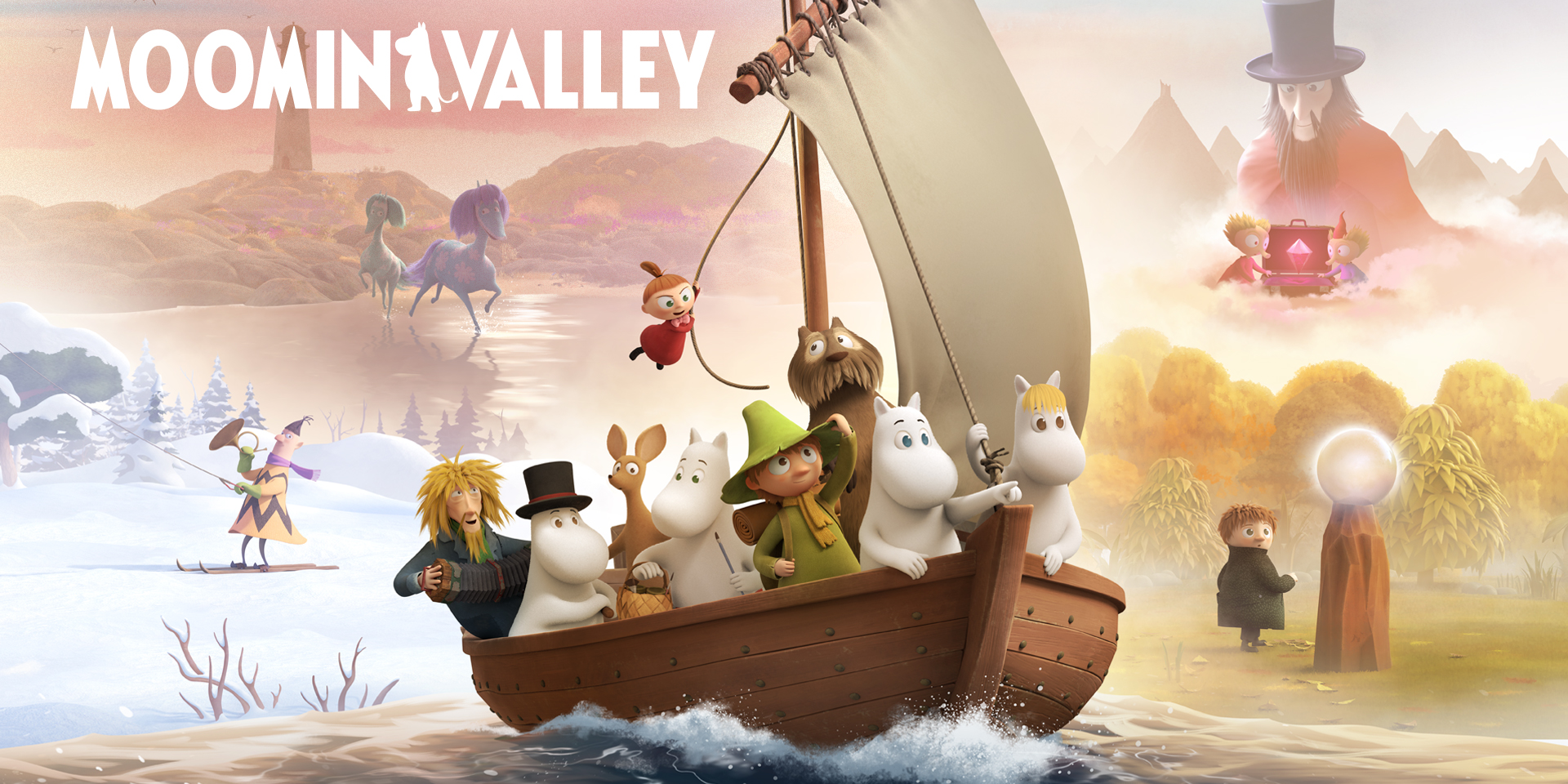
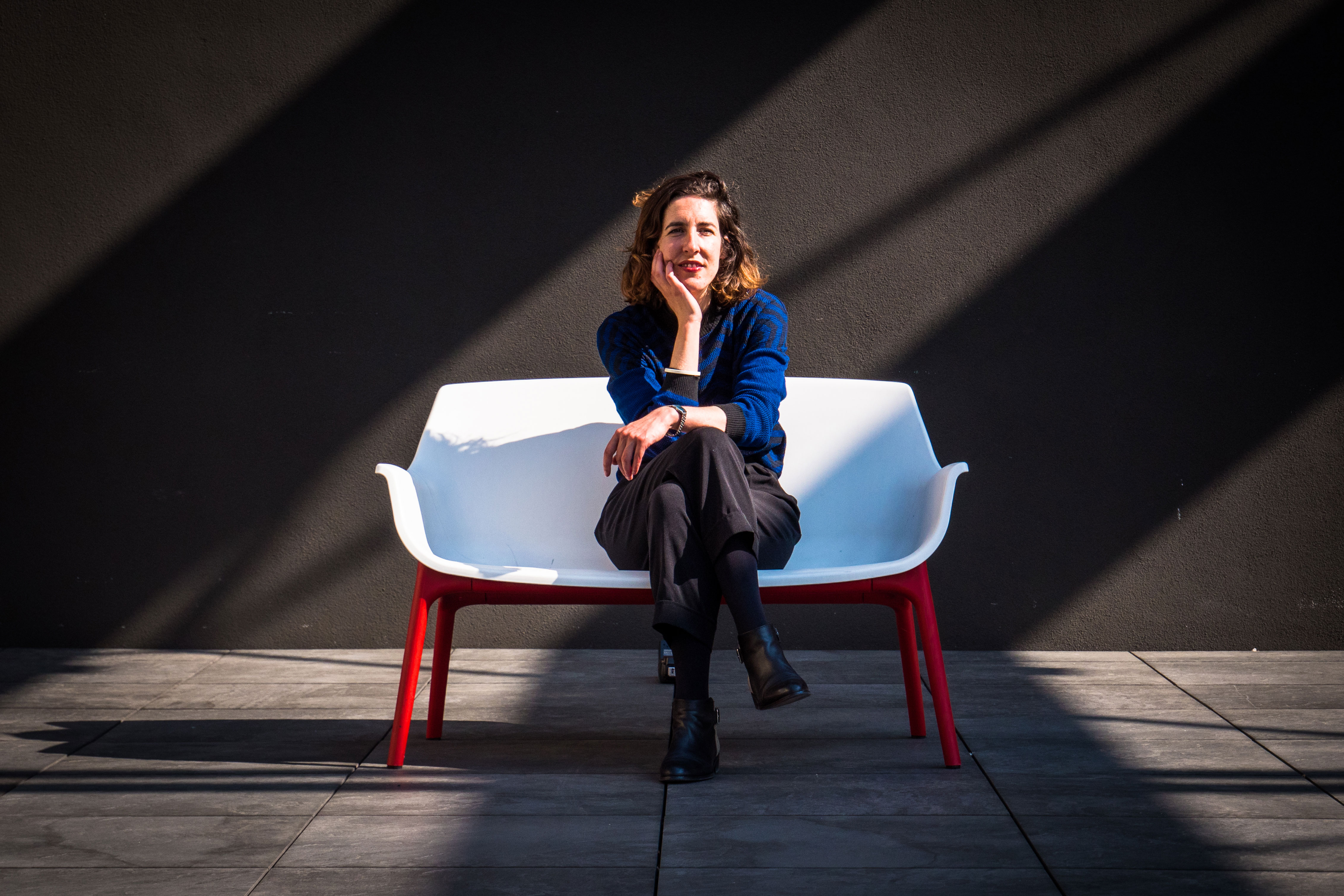
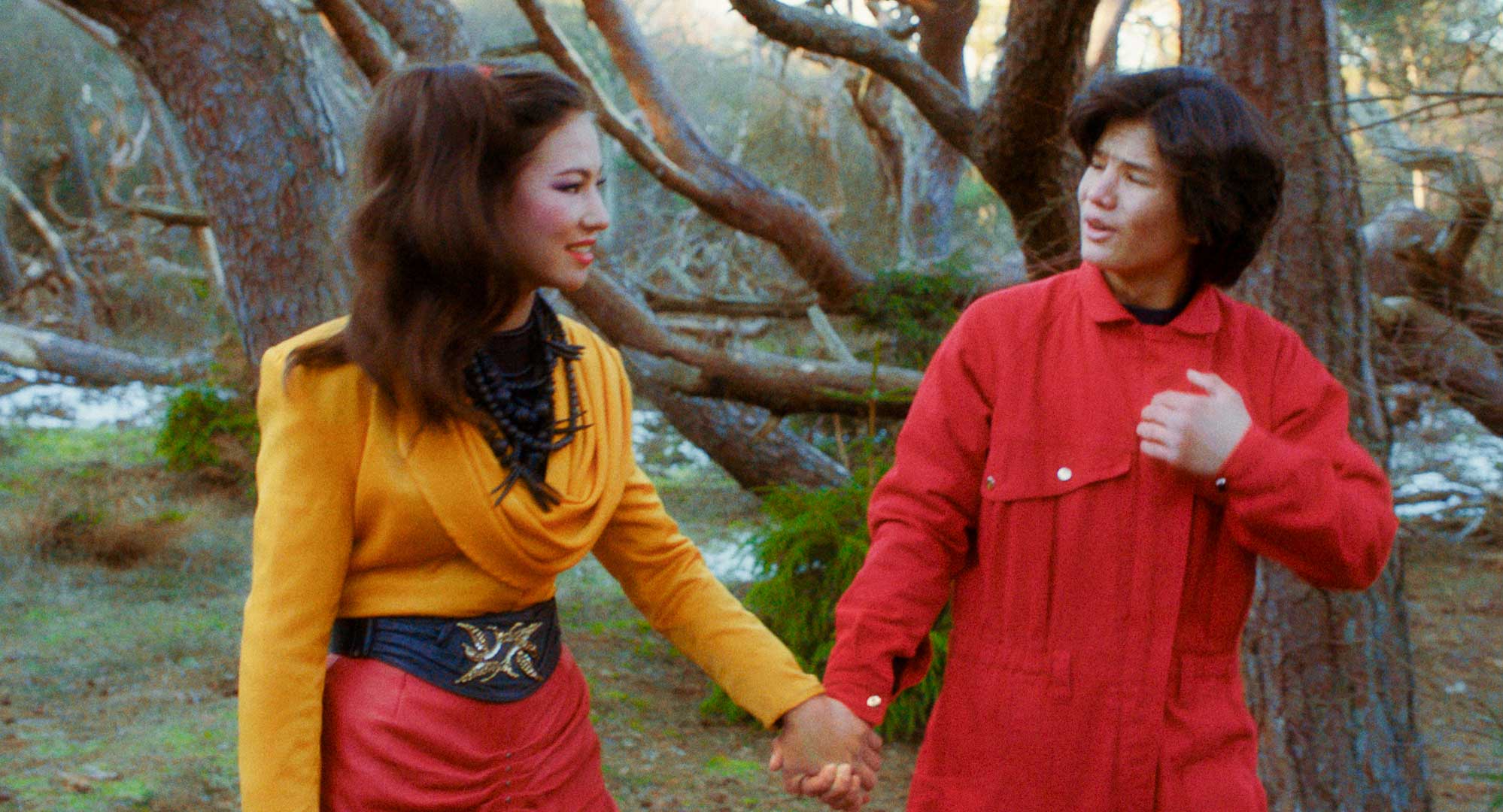

Jüngste Kommentare